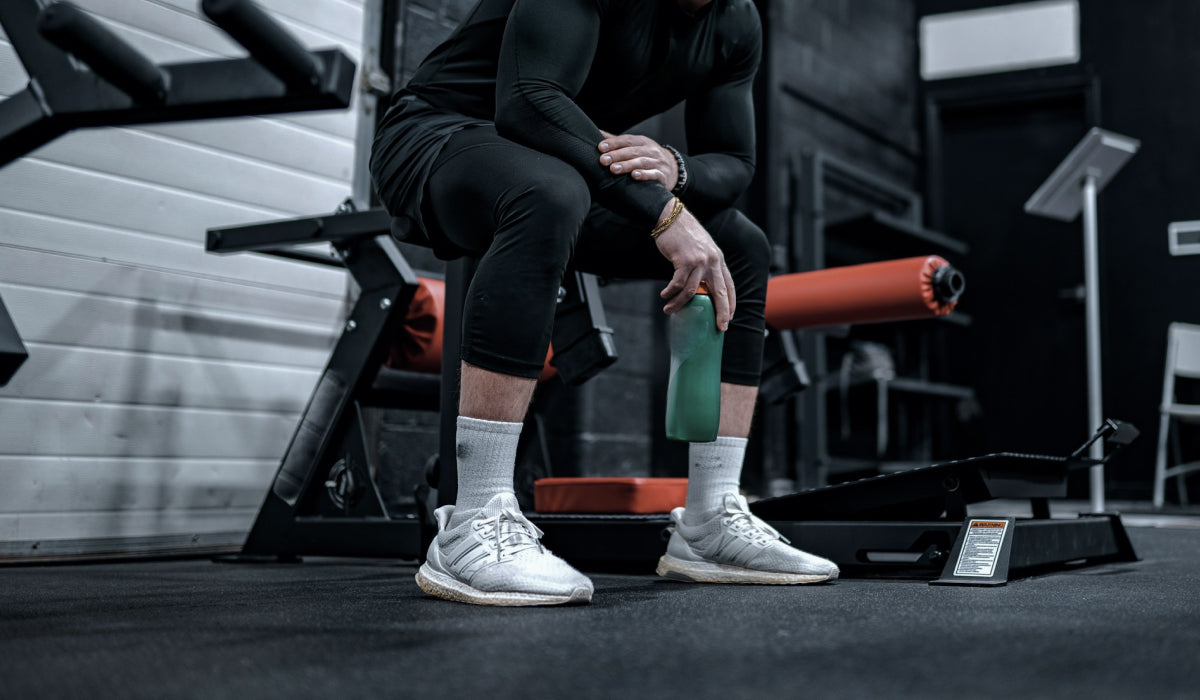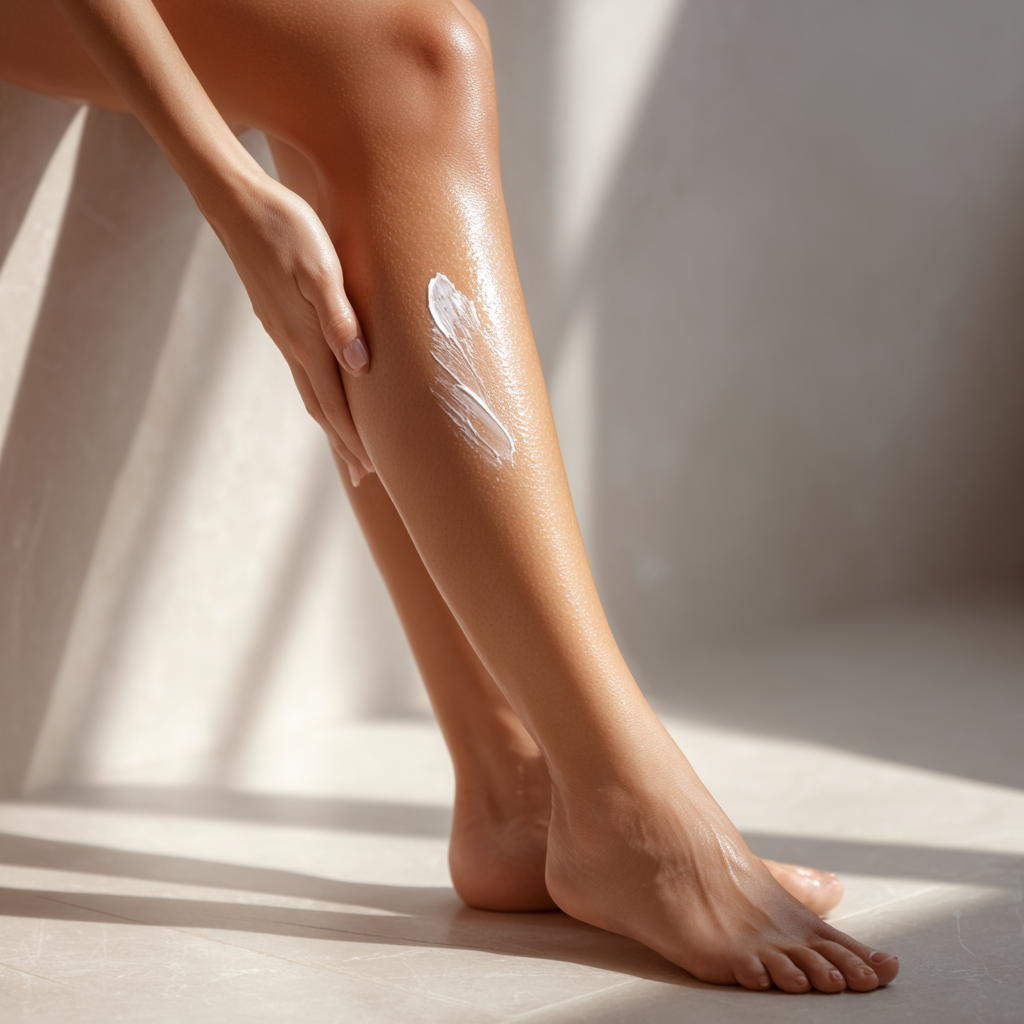Why You're Losing Muscle Even While Working Out — And How to Prevent It
If you're hitting the gym regularly but still seeing your muscles shrink instead of grow, you're not alone. Muscle loss, also known as muscle atrophy, isn’t just a problem for people who skip workouts. Even consistent exercisers can fall victim to it due to several hidden factors. Understanding the reasons behind muscle loss and how to manage it effectively is key to building and maintaining healthy, strong muscles.
What Causes Muscle Loss Despite Working Out?
1. Overtraining and Inflammation
Post-workout muscle soreness may feel like a sign of progress, but it's actually your muscles recovering from micro-tears. During this recovery, inflammation occurs — and certain inflammatory mediators can block protein synthesis, the very process that builds muscle. This can prevent muscle growth and even lead to breakdown.
2. Elevated Cortisol Levels
Overtraining increases cortisol, a stress hormone that breaks down protein and stores fat. When cortisol levels remain high for too long, muscle weakness and further protein deficiency can occur — stalling your gains and promoting fat accumulation.
3. Protein Deficiency
Protein is the building block of muscle. If your diet doesn’t provide enough of it — especially during periods of intense training — your muscles won’t have the raw materials they need to repair and grow, resulting in muscle loss.
4. Sarcopenia in Aging Adults
Women after menopause and older adults are at greater risk. Hormonal changes and age-related declines in bone density and muscle synthesis accelerate muscle loss. Even regular exercise might not outpace this natural decline without nutritional and recovery support.
How to Prevent Muscle Loss: Pro Tips
✅ Balance Your Workout Routine
According to Dr. Il-Joon Um, dermatologist and advisor at HiDoc, resistance training should increase your heart rate by 20–30% above resting level. The ideal frequency? Five days a week, no more than 2 hours per day — ideally keeping total weekly strength training under 10 hours and never exceeding 15.
Also, avoid training the same muscle groups every day. Muscles need 48 hours to recover and rebuild. Alternate between upper body, core, and lower body workouts to prevent overuse and allow full recovery.
✅ Prioritize Protein Intake
For adults, the recommended daily protein intake is 0.8–1g per kg of body weight. Seniors (65+) should aim for 1–1.2g per kg. Include high-protein foods like:
-
Eggs
-
Lean beef
-
Milk and dairy
-
Nuts and seeds
-
Oily fish like salmon and mackerel
If you still fall short, whey protein supplements can help fill the gap. Adding calcium, magnesium, and vitamin D can also support muscle contraction and protein synthesis.
✅ Stay Hydrated the Right Way
Dehydration thickens your blood and impairs circulation — lowering workout effectiveness. Drink:
-
~300ml of water 30–60 minutes before exercise
-
150–200ml every 15–20 minutes during workouts
If you’re sweating heavily, plain water alone may dilute electrolytes. In such cases, opt for electrolyte drinks rich in sodium and potassium to maintain proper balance.
Final Thoughts
Muscle loss isn’t just about not working out — it's about not recovering properly, under-fueling, and overstressing your body. To truly build and preserve muscle, a holistic approach that includes proper training, adequate protein, balanced hydration, and sufficient rest is essential.
Start working smarter — not just harder — and your muscles will thank you.






Share:
+ Muscle, -Workout, Powered by Science.
Didn’t Work Out This Week — But Thanks to dermaFIT, I Still Got the Mirror Selfie.